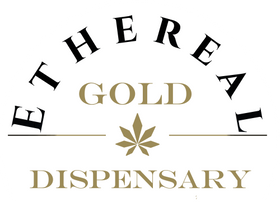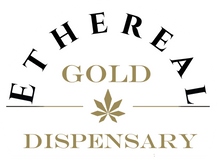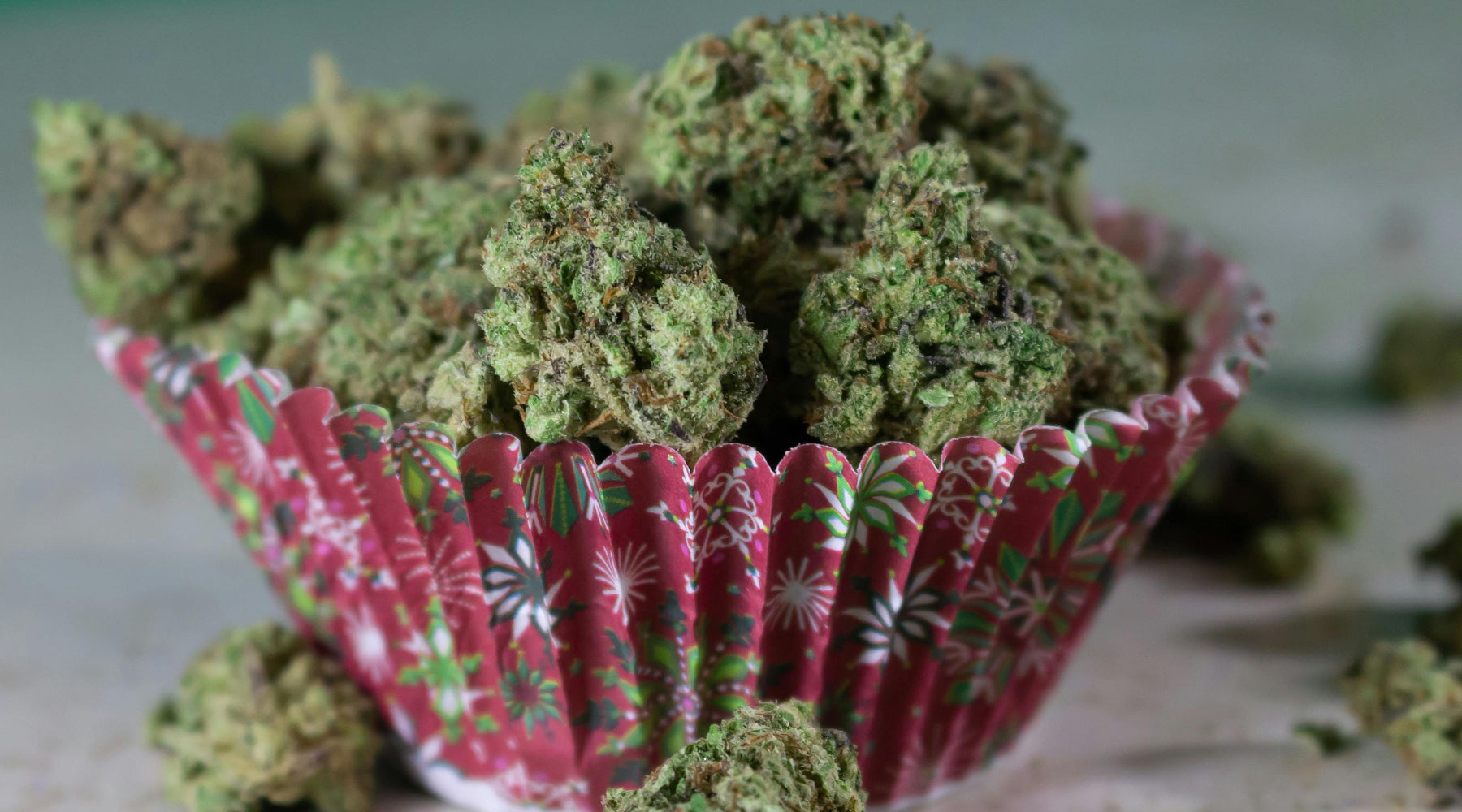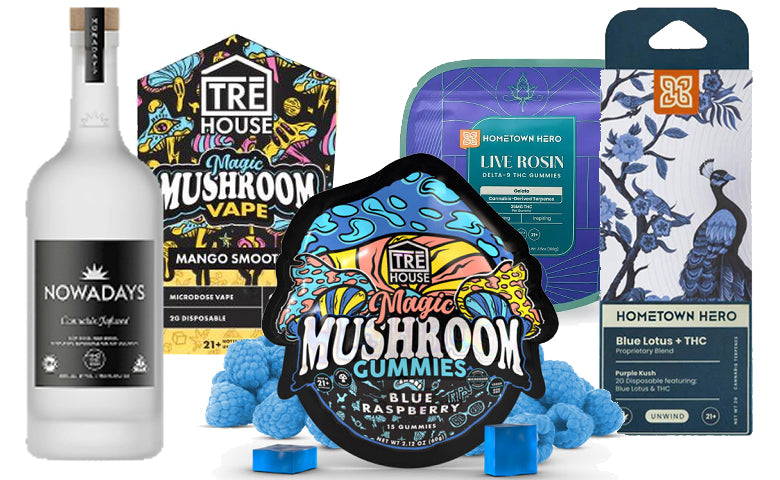With the ever-expanding cannabis market, new products and terminologies continue to emerge, leaving consumers curious and often confused. One such term that's gaining traction is THCa — especially when it comes to THCa edibles. But does THCa get you high? In this blog, we'll explore the nature of THCa, its effects, the process required to transform it into the psychoactive THC, and the current legal landscape surrounding THCa products like gummies, flower, and edibles.
What is THCa?
Tetrahydrocannabinolic acid (THCa) is a precursor to the well-known Delta-9 THC (the primary psychoactive compound in cannabis that produces the sensation commonly referred to as being high). However, unlike Delta-9 THC, THCa on its own is non-psychoactive. This means that consuming raw cannabis or THCa products will not produce the intoxicating effects associated with THC.
Benefits of THCa
Despite its non-psychoactive nature, THCa offers several potential benefits when consumed in its raw form. Some of these include anti-inflammatory properties, neuroprotective qualities, and potential relief from muscle spasms and pain. These benefits make THCa an intriguing component of the cannabis plant for those interested in its therapeutic potential without the high.
Decarboxylation: The Key to Psychoactivity
For THCa to become psychoactive, it must undergo decarboxylation, a process that involves applying heat to convert THCa into THC. This is why smoking or vaporizing cannabis produces psychoactive effects — the heat effectively converts THCa into THC. When it comes to edibles, the same principle applies. To make THCa edibles psychoactive, they must be heated properly to ensure the conversion into THC.

Misconceptions About THCa Gummies
It's important to note that a product advertised as a strong THCa gummy isn't actually relying on the THCa to produce psychoactive effects. Instead, these products are often supplemented with a significant amount of Delta-8 THC, a different cannabinoid, to induce the high. Consumers looking for the effects of THC should be aware of this distinction to make informed choices about their purchases.
Those who are seeking a strong THCa gummy need to understand that what they are actually looking for (when it comes to the high) is a strong Delta-9 THC gummy — as that would be the form of THCa that has been decarboxylated to give the strong high effect.
Legal Challenges of THCa Products
The legality of THCa edibles, flower, and other products is complex due to the 2018 Farm Bill's stipulations. The bill mandates that hemp products must contain less than 0.3% Delta-9 THC by dry weight. However, the issue arises with how THC levels are tested — most states calculate total THC, incorporating both THCa and Delta-9 THC, using an approximate conversion rate of 0.87% from THCa to Delta-9 THC. This creates challenges for producers and consumers alike, as products initially compliant could inadvertently surpass the legal THC threshold over time.
These complications only grow when you face that fact that as a consumer, the case can be made as soon as you heat the flower or vape to smoke, the product becomes illegal as it now has a Delta-9 THC content of far over 0.3% by dry weight. To make matters even worse when considering legality, most labs test total THC through a process which decarboxylates the THCa into Delta-9 THC, so if you get pulled over with THCa flower (which is technically in a legal gray area to own), if they take it to the crime lab to test it the flower is going to show are pure Delta-9 THC (IE: Marijuana). This doesn't bode well for any consumers buying these products from misleading vendors.
Natural Conversion and Legal Implications
A further complication with THCa products, such as gummies, pre-rolls, and flower, is their natural propensity to convert from THCa to Delta-9 THC during storage. This gradual conversion can easily push these products beyond the legal limits for not just total THC but specifically Delta-9 THC, complicating their legal status and availability.
Understanding the nuances of THCa, including its benefits, the process of decarboxylation, and the legal landscape, is crucial for consumers navigating the cannabis market. While THCa offers therapeutic benefits without psychoactivity, those seeking the high associated with THC must look for products that have been properly decarboxylated or contain other forms of THC. As the cannabis industry evolves, staying informed will help consumers make the best choices for their needs and preferences.
Ready to enjoy THCa without the questionable legal status of THCa flower? Use the code MAR24BLOG for 10% off your order!
FAQs
Does THCa on its own get you high?
No, THCa is non-psychoactive and requires decarboxylation to convert into the psychoactive THC.
Can you legally purchase THCa products?
The legality depends on how the product is tested and regulated in your state, considering the total THC content.
How do THCa products convert into THC?
Through decarboxylation, which involves applying heat, THCa is converted into THC, making it psychoactive.
Are THCa gummies effective for getting high?
No, they would only be effective f the gummies are supplemented with other psychoactive forms of THC, only when decarboxylated into Delta-9 THC can they can produce psychoactive effects.
Where can I find the best THCa gummies?
Look for reputable dispensaries and online stores that provide full panel third-party testing results for their products.







